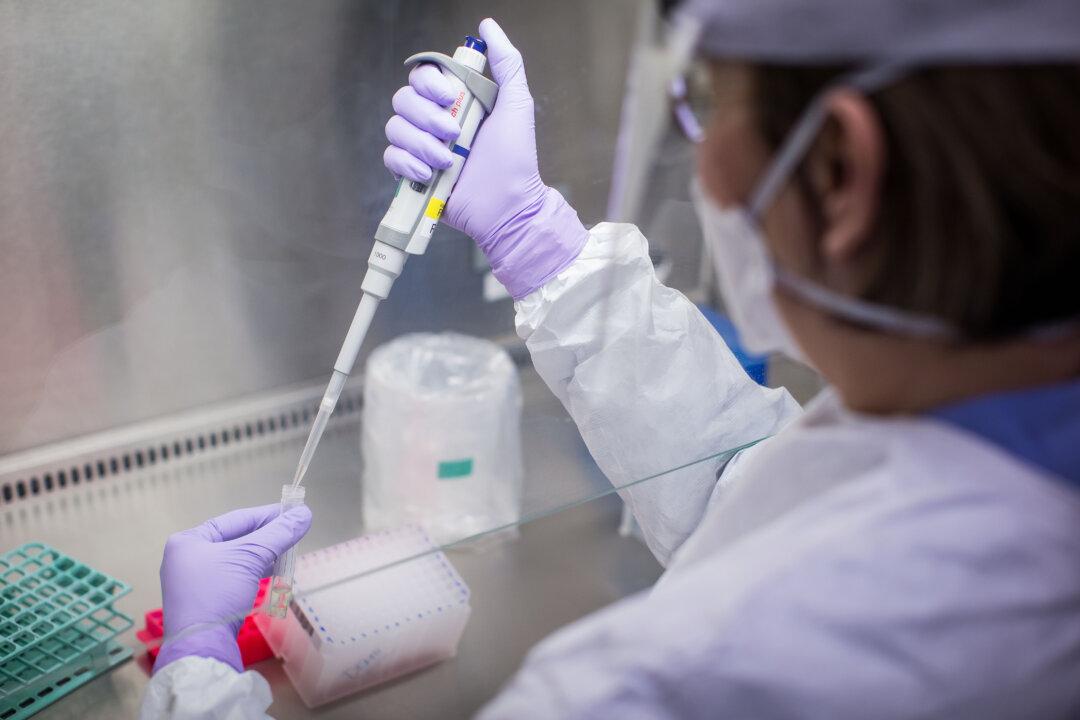Canada’s first case of the Brazilian COVID-19 variant was detected in Toronto over the weekend, marking it the third variant the country has discovered within its borders, following cases of the UK and South Africa strains identified in the last few months.
The Toronto Public Health (TPH) confirmed its first known case of the variant in a news release on Feb. 7, saying that the patient had recently travelled from Brazil. He has since been hospitalized.





